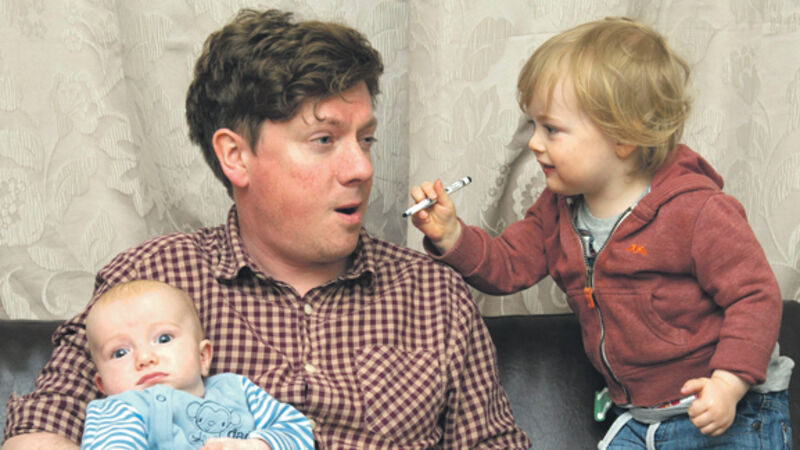Jonathan deBurca Butler is not such a silly daddy

THERE I was one Saturday, standing at the kitchen sink in my slippers, jocks and bathrobe furiously washing dishes and pots when out of nowhere I heard this little voice giving out to me.
“Silly Daddy!” said the voice.










